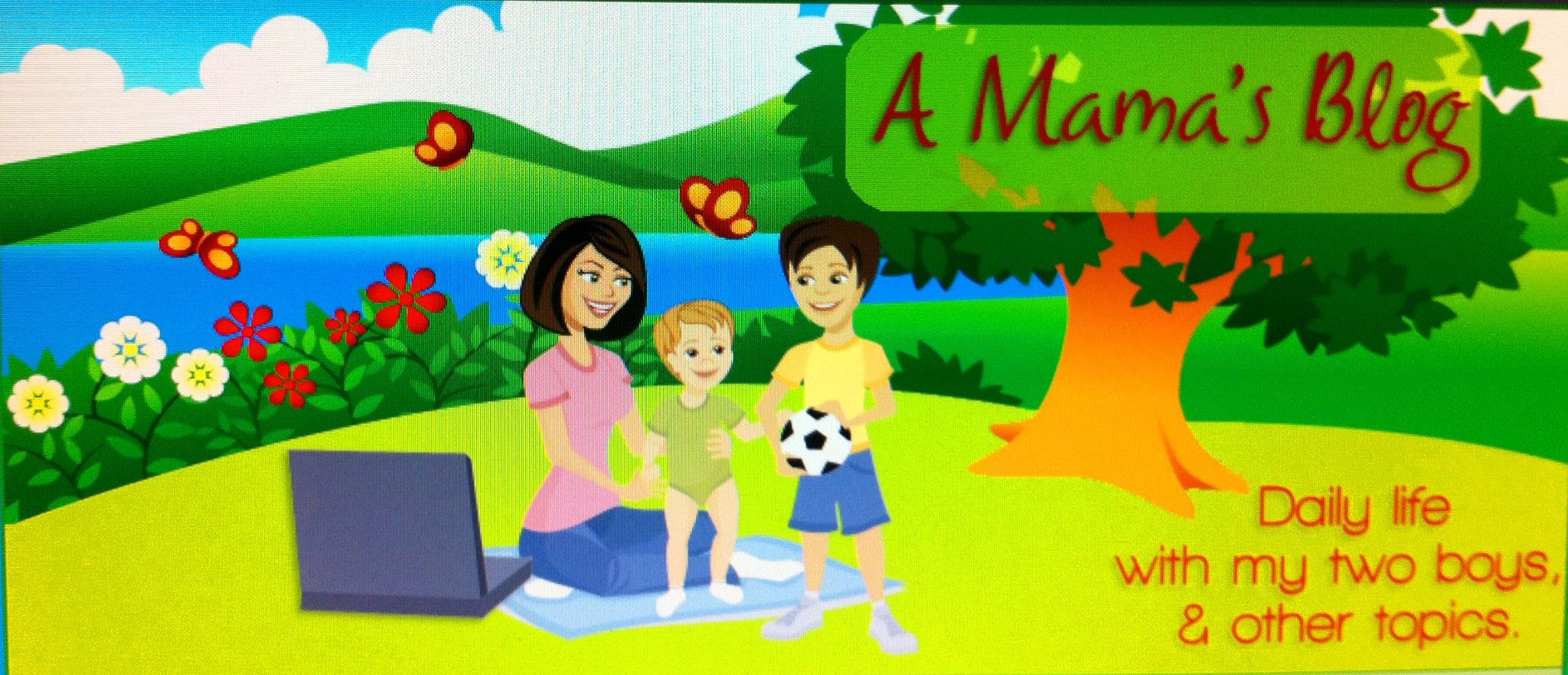It has been a while since I have written on the topic of C-sections. However, a post I wrote almost two years ago, The Reality of C-Sections, remains the most popular post on A Mama’s Blog. It has received over 11,000 page views to date. I decided to share my C-section experience and what I learned so others could be informed, and make decisions about C-sections based on knowledge. I would have never been able to go out and tell 11,000 plus people my experience, so I am pleased the post has been successful.
Of course not everyone agrees with me, and I get passionate comments from women on both sides of the issue. Some women have chosen to share their own C-sections stories with me privately, and in the comments. Some are horrifying. Some are heartbreaking. I have cried at many of the stories, because so many of the causes given for the C-sections seemed so unnecessary to begin with, and the toll the surgery has taken in these experiences, is extensive.
I have received many comments from women who say their C-sections were great experiences and they have no regrets. I have received accusations from other readers who think I am trying to scare women. I have been called every obscene name at least twice.
I don’t mind a difference of opinion that is conducted in a respectful manner, but after my health issues last year, I have less of a tolerance for rude comments and readers taking personal shots at me. Lately, whenever I see a comment has come in on the C-section post, I get butterflies in my stomach, and hope it isn’t a nasty comment. I have defended my position so many times in the comments there really isn’t anything new that I can offer, that I haven’t already stated. If it is a comment attacking me personally, I delete the comment. It serves no purpose to anyone to state an argument in that manner.
I have been thinking about closing comments on that post. At what point does a discussion run its course? But then I will receive a comment from someone who has thanked me for writing the post. Or a woman shares her C-section experience. So many women have said they have cried while typing out their stories, and I believe just by being able to type out the words, it helps heal. I know, because writing helped me start to heal from the unresolved issues I had from my C-section.
On Sunday a very touching story from Sarah was posted on her C-section experience. (It is the fifth to the last comment currently in that post’s comments). Her experience brought tears to my eyes, and as soon as I read this sentence that she wrote, “i am not sure that i will ever get over the emotional trauma i experienced when my daughter was born,” I realized closing the comments would be a mistake. Reading this from Sarah made me realize how deeply the emotional trauma can run from a C-section. While it lessens, it never fully goes away. Just like the positive aspects of birth never go away, the negative emotional tolls don’t either.
Six years has passed since my own less than ideal and emotionally traumatic C-section. It is disheartening on some level to read that some C-sections are even worse than mine was six years ago, and that they are still being performed at an alarming rate- almost one in three births in the United States is a C-section. (This figure is from 2007, and is probably higher for 2008 and 2009 but the rates have not been released). It seems at times for those of us who believe C-sections should be reserved for true medical emergencies, it is an uphill battle. What difference really can we have?
I found out how much of a difference one person’s experience can have this past weekend. I was getting my haircut, and only have it cut every few months now. My stylist, “Emily,” told me she was seven months pregnant, and of course I congratulated her. Emily is young- at least young from my perspective- she probably is not older than 25. She knows I have two boys, and she asked me what hospital my kids were born at. I told her, and told her I had a C-section with my first son and a VBAC (vaginal birth after cesarean) with my second son. Emily asked me which was better- the C-section or the vaginal birth.
I told her the VBAC by far. I told Emily I was holding my baby seconds after he was born, versus not being able to hold my baby for an hour after birth with a C-section. I told her I was able to eat 30 minutes after the VBAC, versus three days after with a C-section. I told her I bonded instantly with Cole after he was born, versus five days with Ryan, after the C-section. I told her I was nursing Cole within minutes after the VBAC, versus an hour with the C-section. I told her I felt better three days after the VBAC birth versus twelve weeks, with the C-section.
Emily was quiet for a minute, and I was wondering what her reaction was going to be. She put down her scissors and told me, “Thank you.” I was a little surprised, because I was expecting her to tell me she had heard C-sections weren’t that bad. Emily told me that she wanted a natural birth, and so many people have tried to talk her out of a natural birth. She also said so many have told her that she’ll end up with a C-section anyway. Emily said she was starting to doubt if she could really give birth naturally, but hearing my comparisons, it firmed her resolve. Emily said unless she had a medical emergency, she was going to give birth naturally, and not let anyone talk her into a C-section! It was so encouraging to hear a younger mother with that attitude. I told her of a few resources that could help her even more, and she thanked me again for being honest about my birth experiences.
I have thought about this exchange for a few days now, and after reading Sarah’s sentence, the realization became very clear. Emotional trauma from a C-section does not ever completely vanish. It will always be- to some extent or another- with us. It doesn’t matter if it was a week ago, twenty years ago, or if it was a medically necessary C-section or not. We can never go back and undo what was done. But our honest experiences with C-sections can be more powerful to someone who is seeking information than any books, or medical professional.
When women are told they need to “get over” their traumatic C-section births, by ignoring the parts of their birth experience which were negative, or traumatic, it doesn’t “magically” make everything better. It harms the women again, because now it isn’t acceptable to share or to talk about anything that isn’t a positive birth experience.
There are still women, like Emily, who believe their bodies are capable of giving birth the way they were intended to do so. There are women who don’t believe insurance companies, hospitals, drugs and surgeries are the answer to birth. These women want to know the truth, and are seeking answers. On the opposite side, there are so many women who had no one who shared their C-section experiences with them, when they had to make their decisions. There are women who have lost so much, and and have been hurt from C-sections. How do these two sides come together?
By telling our stories. It doesn’t matter that some won’t agree with you. It doesn’t matter that some will tell you to get over it. It doesn’t matter that some will tell you, you should be grateful your baby is healthy. It doesn’t matter that some will accuse you of trying to be overly dramatic. It doesn’t matter that not all C-sections are traumatic for everyone. What does matter is ours was. What does matter that someone else’s will be too. What does matter is we talk about it. It matters that we share our stories, and honor our birth experiences- all of them.
For the women who refuse to accept a C-section is the normal way to give birth, by sharing our experiences, we confirm their instincts, and they confirm ours- a surgical birth is not usually the best way to give birth. Most importantly, by talking about it your spirit starts to heal. A little at time. Never completely, but enough. Our experiences become patched together like a quilt. This is enough to make a difference, one birth at a time.

